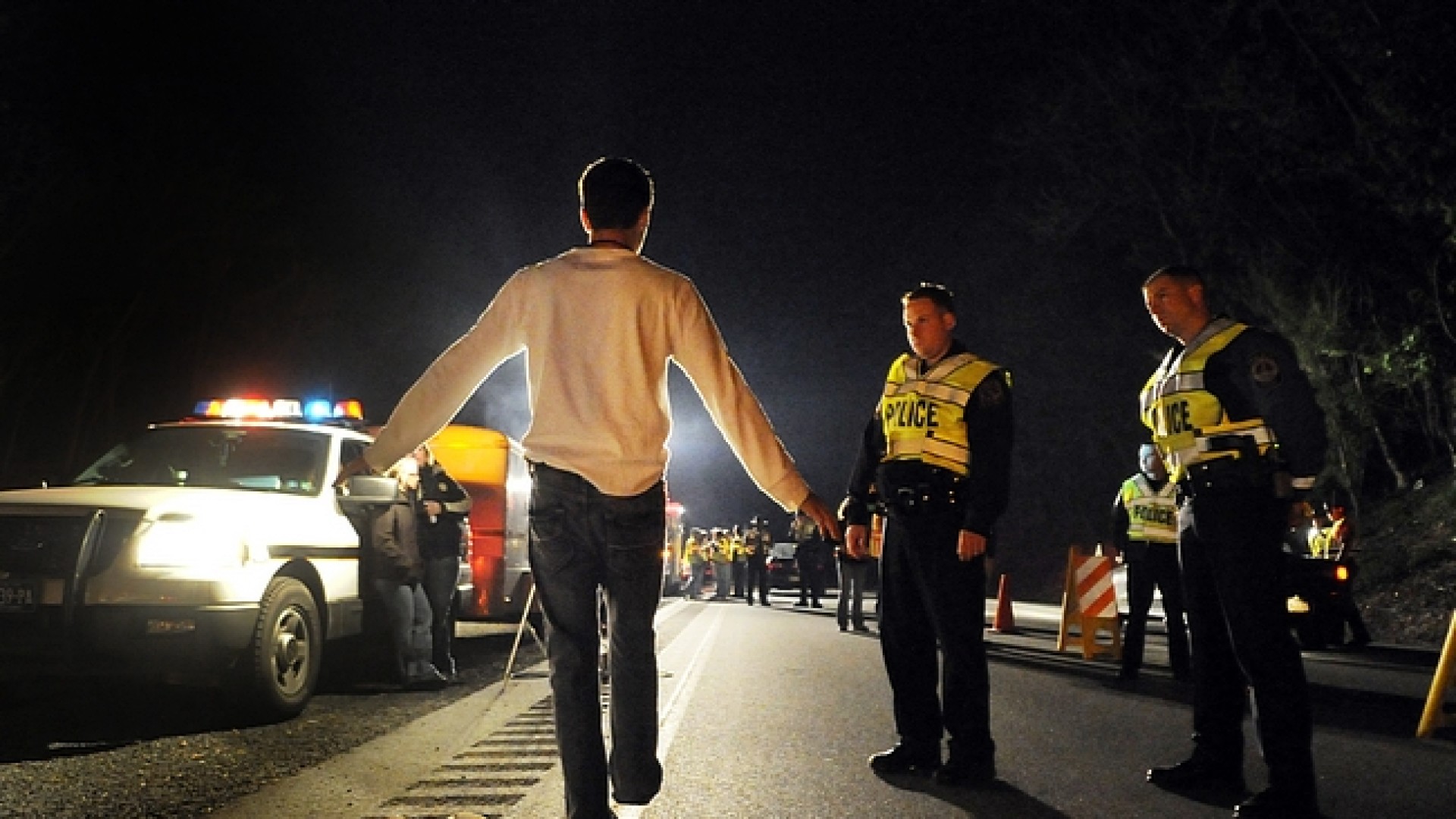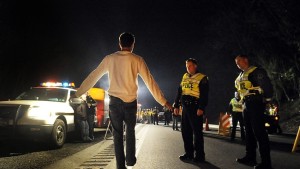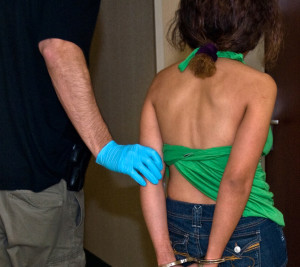DO I NEED AN EXPERIENCED CRIMINAL ATTORNEY FOR A DRUNK IN PUBLIC ARREST?
Do I need an experienced criminal attorney for a drunk in public arrest? California Penal Code section 647(f) defines the crime of misdemeanor disorderly conduct/drunk in public as follows:
Anyone “who is found in any public place under the influence of intoxicating liquor, drug, controlled substance, or toluene, in a condition that he or she is unable to exercise care for his or her own safety or the safety of others, or by reason of his or her being under the influence of intoxicating liquor, any drug, controlled substance, toluene, or any combination of any intoxicating liquor, drug, or toluene, interferes with or obstructs or prevents the free use of any street, sidewalk, or other public way.”
Because Penal Code 647 – disorderly conduct has several crimes that fit under this category I will briefly list them all and then explain the law as it relates to Penal Code 647(f) – public intoxication.
All of the following are illegal misdemeanor conduct:
647(a) makes it illegal to engage in lewd conduct in a public place.
647(b) addresses engaging or soliciting in prostitution.
647(c) makes it a crime to accost someone for the purposes of asking for money.
647(d) proscribes loitering in a public restroom for the purpose of soliciting lewd acts.
647(e) defines the misdemeanor of lodging in any building, structure or vehicle without the owner of the building, structure or vehicle’s consent.
Finally, 647(f) addresses the charge of public intoxication or what is commonly referred to as “drunk in public”.
Just because you have been arrested for the crime of drunk in public does not mean that you must plead guilty to the charge and as a result of the plea of guilty have a misdemeanor conviction on your record. Often times law enforcement officers will make an arrest based solely on the fact that a person is drunk and is in a public place. That is not sufficient evidence to convict someone in a court of law for the crime of California Penal Code 647(f) – “drunk in public”.
To explain why let’s review the jury instructions that are read to a jury by the judge after they have heard all the evidence and are about to deliberate.
CALIFORNIA CRIMINAL JURY INSTRUCTIONS (2017) 2966. Disorderly conduct: under the influence in public. “To prove that the defendant is guilty of this crime, the people must prove that:
1. The defendant was willfully under the influence of alcohol, (and/or) a drug, (and/or) a controlled substance, (and/or) toluene:
2. When the defendant was under the influence, (he/she) was in a public place
AND
3a. The defendant was unable to exercise care for (his/her) own safety (or the safety of others)
3b. Because the defendant was under the influence (he/she) interfered with, obstructed or prevented the free use of a street, sidewalk, or another public way.
Someone commits an act willfully when he does it willingly or on purpose. As used hence, a public place is a place that is open and accessible to anyone who wishes to go there.”
So what do these jury instructions tell us? First of all, it is not illegal to simply be intoxicated in a public place. For example, it is not illegal to walk home from a bar with over .08 percent by weight of alcohol in your system or for that matter with twice that much in your system. As long as you can make it home without falling over and hurting yourself or passing out in a public place or obstructing a street or sidewalk there is no violation. An individual could be very intoxicated walking with an unsteady gate but as long as he can make it home without causing any of the aforementioned situations, he or she is not in violation of Penal Code section 647(f), “drunk in public”. In other words, the crime of public intoxication doesn’t literally mean being intoxicated in a public place.
In addition, if someone is so inebriated that he or she makes a lot of noise and becomes extremely annoying and loud, that also is not a violation of 647(f). It may well be a violation of Penal Code 415 – disturbing the peace but it is not drunk in public.
What then could constitute a drunk in public? An example might be where a person gets so intoxicated that they fall asleep in a bush just outside the front door of a drinking establishment or perhaps on the sidewalk two blocks away. Clearly, this person would not be able to care for his or her own safety. Also, if after consuming an intoxicating substance, a person felt dizzy and sat down on a public thoroughfare and vomited in a place that was being used by other pedestrians, the crime of public intoxication as likely been committed.
Because the charge is public intoxication, it must be committed in a public place. As such, if you are on the balcony of your home and have become extremely drunk in your own home and start making loud noise in such a way as to wake the whole neighborhood at three o’clock in the morning you may be guilty of disturbing the peace but again, the incident did not occur in a public place for purposes of satisfying the element of public intoxication.
Now let us address the issue of causation. The jury instruction clearly states that the intoxication had to cause the act or state of affairs that caused the suspect to be unable to care for his safety or the safety of the general public around him. The intoxication had to be the proximate cause of creating the unsafe situation. An example would be, a person is walking home late at night after consuming a prodigious amount of alcohol. On the way home, he is jumped by a gang of hoodlums and is robbed of his wallet and watch. In the process, he is beaten to a state of semi-consciousness and left sprawled out in the sidewalk blocking foot traffic in both directions. The police arrive based on an informant’s tip and make the arrest of the now fully conscious but badly bruised person. The police smell a strong odor of alcohol and he agrees to blow into a machine that calibrated his blood alcohol at a .26. He is clearly intoxicated. However, he is not guilty of the crime of public intoxication because the creation of the unsafe situation and the nuisance it created on the public was not directly caused by his intoxication but rather the intervening criminal act committed by his assailants. But for the robbery, the intoxicated individual would have made it home safely.
Always consult with an experienced criminal attorney before facing any criminal charge in court whether it be a serious felony or a relatively minor charge such as public intoxication or “drunk in public”.




That’s good to know that you could potentially get arrested without there being enough evidence to convict you for being drunk. I have a buddy that tends to get a bit drunk sometimes, so that would probably be good for him to know. I should recommend that he gets a lawyer to help him out if he ever does something he doesn’t mean to while drunk.